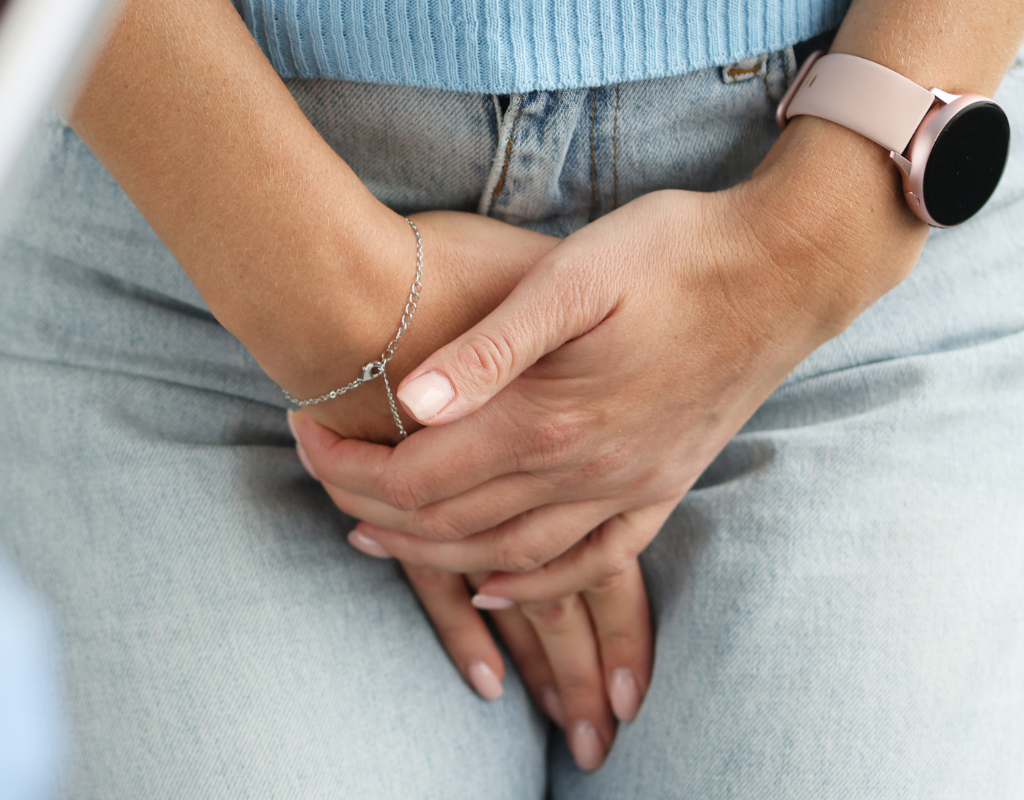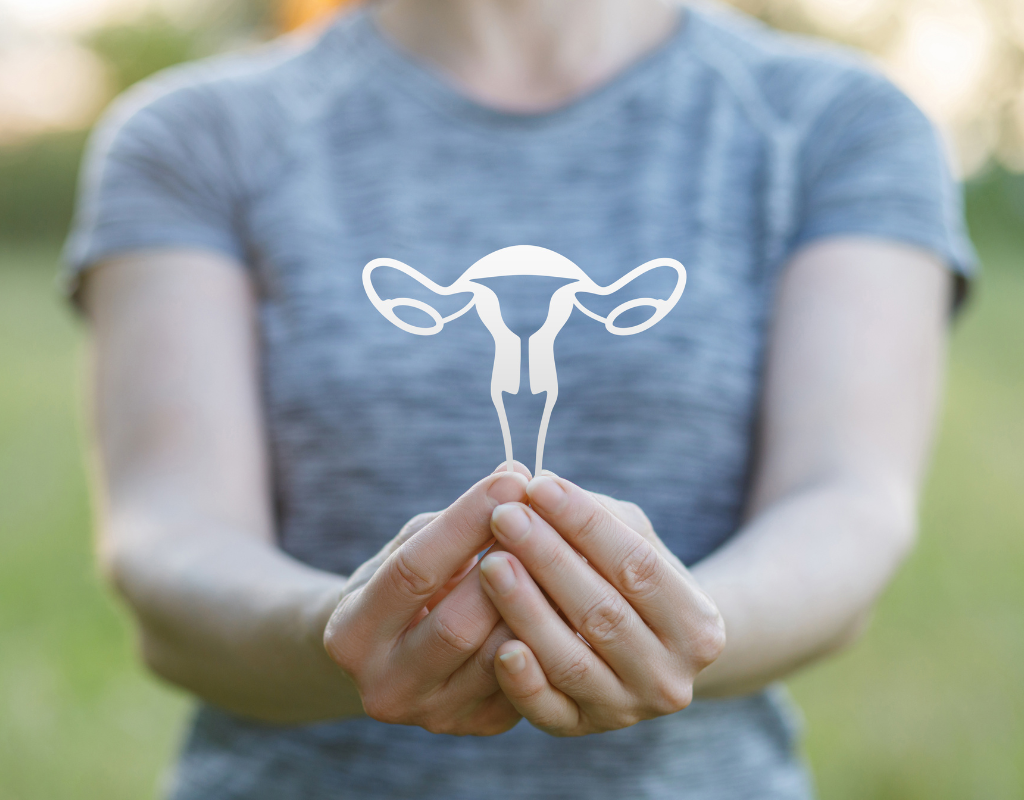AUB (abnormal uterine bleeding) is a common condition among women of reproductive age. It is a term used to describe any type of bleeding that is not part of a normal menstrual cycle. There are different types of AUB, and each type has its own unique symptoms, causes, and treatment options.
In this article, we will discuss the different types of AUB and how they can be managed.
What Is Abnormal Uterine Bleeding?
Abnormal uterine bleeding is defined as any bleeding that is not a part of a woman’s normal menstrual cycle. It can include heavy bleeding, bleeding between periods, bleeding after sex, and periods that last longer than usual. It can be caused by hormonal imbalances, fibroids, polyps, cancer, or other underlying health conditions.
Who Does Abnormal Uterine Bleeding Affect?
Abnormal uterine bleeding can affect any woman who is of reproductive age, from the onset of menstruation until menopause. It is more common in women who are overweight, have a family history of abnormal bleeding, has a bleeding disorder, or have a medical condition such as thyroid disease or diabetes.
How Common Is Abnormal Uterine Bleeding?
Abnormal uterine bleeding is a common gynecological problem that affects up to one-third of women of reproductive age. It is one of the leading reasons why women seek medical attention from a gynecologist.
What Are The Signs And Symptoms Of Abnormal Uterine Bleeding?
The signs and symptoms of abnormal uterine bleeding can vary from woman to woman, but they often include:
- Heavy bleeding during periods
- Bleeding between periods
- Periods that last longer than usual
- Bleeding after sex
- Blood clots
- Irregular periods
- Spotting or light bleeding
- Fatigue or weakness
It is important to note that some women with abnormal uterine bleeding may not experience any symptoms at all, which makes regular gynecological exams even more important.
What Causes Abnormal Uterine Bleeding?
Abnormal uterine bleeding can be caused by various factors, including hormonal imbalances, uterine fibroids, endometriosis, polyps, cancer, and other underlying health conditions. Hormonal imbalances can occur due to stress, weight fluctuations, thyroid problems, or the use of certain medications.

Uterine fibroids are noncancerous growths in the uterus that can cause heavy bleeding, while endometriosis is a condition in which the tissue that lines the uterus grows outside of it. Polyps are growths in the lining of the uterus that can also cause bleeding, while cancer is a rare but serious cause of abnormal uterine bleeding.
What Are The Types Of Abnormal Uterine Bleeding?
There are several types of abnormal uterine bleeding that a woman can experience. These include:
Menorrhagia
Menorrhagia is a type of AUB that is characterized by heavy bleeding during periods that last longer than seven days. It is the most common type of AUB, and it can be caused by hormonal imbalances, fibroids, polyps, or other underlying health conditions. Women with menorrhagia may experience fatigue, anemia, and cramping. Treatment options include hormonal therapy, such as birth control pills, hormonal intrauterine devices (IUDs), or nonsteroidal anti-inflammatory drugs (NSAIDs). In severe cases, surgery may be necessary.
Metrorrhagia
Metrorrhagia is a type of AUB that is characterized by bleeding between periods. It can be caused by hormonal imbalances, infections, fibroids, or cancer. Women with metrorrhagia may experience spotting or light bleeding, and they may also have lower abdominal pain or discomfort. Treatment options include hormonal therapy, antibiotics, or surgery, depending on the underlying cause.
Polymenorrhea
Polymenorrhea is a type of AUB that is characterized by cycles that are less than 21 days. It can be caused by hormonal imbalances, stress, or other underlying health conditions. Women with polymenorrhea may experience heavy bleeding or cramping. Treatment options include hormonal therapy or lifestyle changes, such as reducing stress or increasing physical activity.
Oligomenorrhea
Oligomenorrhea is a type of AUB that is characterized by cycles that are more than 35 days. It can be caused by hormonal imbalances, thyroid problems, or polycystic ovary syndrome (PCOS). Women with oligomenorrhea may experience irregular periods or spotting. Treatment options include hormonal therapy or lifestyle changes, such as losing weight or reducing stress.
Amenorrhea
Amenorrhea is a type of AUB that is characterized by the absence of periods for three or more consecutive cycles. It can be caused by hormonal imbalances, stress, or underlying health conditions such as PCOS. Women with amenorrhea may experience infertility or other reproductive problems. Treatment options include hormonal therapy or surgery, depending on the underlying cause.
What Are The Treatment Of Abnormal Uterine Bleeding?

Abnormal uterine bleeding (AUB) can be caused by a variety of factors, including hormonal imbalances, fibroids, polyps, infections, or cancer. Treatment options for AUB depend on the underlying cause, the severity of the bleeding, and the individual needs of the patient. Here are some common treatments for AUB:
Hormonal Therapy
Hormonal therapy is often used to treat AUB caused by hormonal imbalances. This type of therapy involves taking birth control pills, progesterone-only pills, hormonal intrauterine devices (IUDs), or other hormone-based medications. Hormonal therapy can help regulate menstrual cycles, reduce bleeding, and prevent the growth of fibroids or polyps.
Nonsteroidal Anti-Inflammatory Drugs (NSAIDs)
NSAIDs, such as ibuprofen or naproxen, can help reduce heavy bleeding and relieve menstrual cramps. They work by blocking the production of prostaglandins, which are chemicals that cause inflammation and pain.
Surgical Procedures
In cases of severe or persistent AUB, surgery may be necessary. There are several surgical options, including:
Endometrial ablation: This procedure involves removing the lining of the uterus using heat, freezing, or other methods. Endometrial ablation can reduce bleeding and relieve symptoms of AUB, but it is not suitable for women who wish to become pregnant in the future.
Hysterectomy: This surgery involves removing the uterus and is considered a permanent solution for AUB. Hysterectomy is usually reserved for women who do not wish to have children or have not responded to other treatments.
Myomectomy: This surgery involves removing fibroids from the uterus while leaving the uterus intact. Myomectomy can help reduce bleeding and relieve symptoms of AUB while preserving fertility.
Other Treatments
In addition to the above treatments, other options for managing AUB may include:
Antibiotics: If AUB is caused by an infection, antibiotics may be prescribed to treat the underlying infection.

Iron supplements: Heavy bleeding can lead to anemia, so iron supplements may be prescribed to help build up iron levels in the blood.
Lifestyle changes: In some cases, making changes to one’s lifestyle, such as losing weight, reducing stress, or increasing physical activity, can help reduce the severity of AUB.
Conclusion
In conclusion, there are various types of abnormal uterine bleeding, including heavy bleeding, irregular bleeding, and bleeding between periods. These types of bleeding can be caused by a variety of factors, including hormonal imbalances, fibroids, polyps, infections, or cancer.
It is essential for women to recognize the signs and symptoms of abnormal bleeding and seek medical attention promptly to determine the underlying cause and receive appropriate treatment. If you are experiencing abnormal uterine bleeding, it is important to consult with a healthcare provider to determine the best course of action for your individual needs.
If you are in need of a healthcare provider in Memphis, TN, you can visit https://pac-md.com/ to schedule an appointment with one of their experienced physicians. Don’t let abnormal uterine bleeding go untreated, seek help today.

